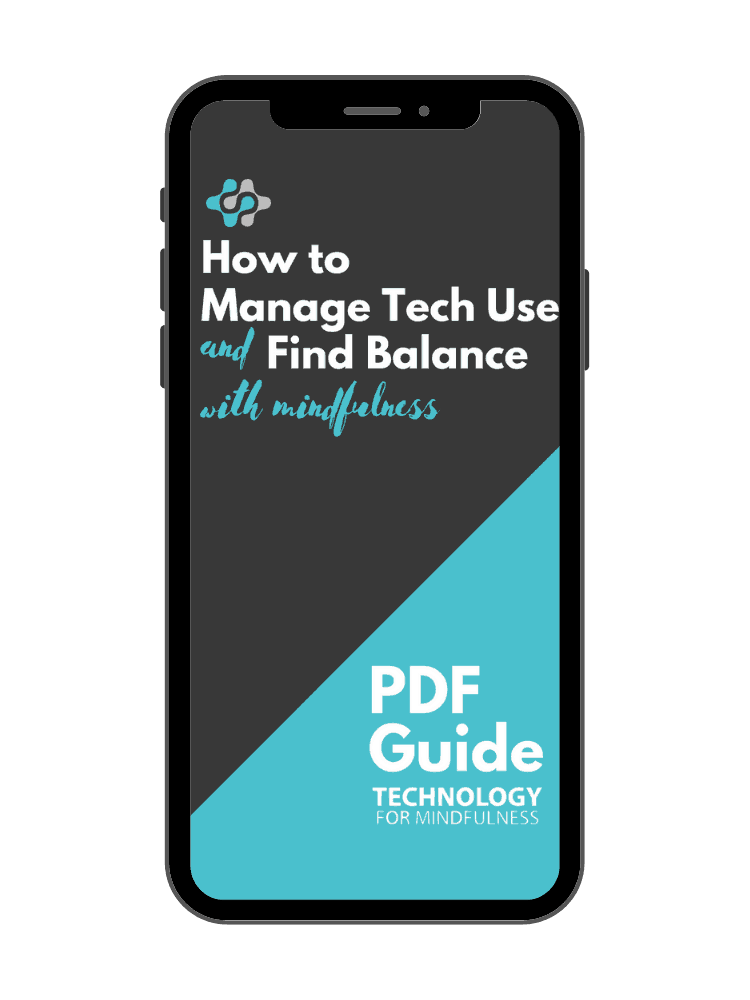It’s been estimated that nearly 16 million adults age 18+ have been affected by 
There’s been a lot of buzz around mindfulness lately with a variety of new studies popping up. It’s already been shown to improve chronic pain, help children diagnosed with ADHD, and improve life for those suffering with anxiety. In fact, the study conducted with anxiety patients found that mindfulness was more effective than traditional approaches one would encounter working with a psychologist. So is the same true for treating depression? Yes!
How Can Mindfulness Help Treat Depression?
Actually, in a similar method to how it has helped anxiety patients.
Think about therapy: how does therapy help people with depression? It helps provide insight. That’s what keeps people going back, right? We love those discoveries and insights into why we feel the way we do now. But what is cognitive therapy, missing? Action. And that’s what mindfulness brings to the table. It helps us take those feelings, emotions, and discoveries and embrace them and use them. It helps us put those insights into action.
When we combine cognitive based therapy with mindfulness, we’re no longer trying to change or fix our thoughts and emotions. Instead, we’re challenging them.
When you’re feeling on-edge, you’d learn to question yourself… What’s making you upset? Is it the first time it’s happened? It is logical to be upset by this? Would it benefit you or those around you if you said something or did something about it?
And then there’s the meditation side of mindfulness—learning to control your breathing and turn your focus inward in times of stress, sadness, or anger.
These two things are on their way to making huge changes in the way we treat mood disorders and depression in the future. No prescriptions and no stigma attached the way that there is with visiting a therapist.
What do you think about using mindfulness for depression? Is it something you’d try?

